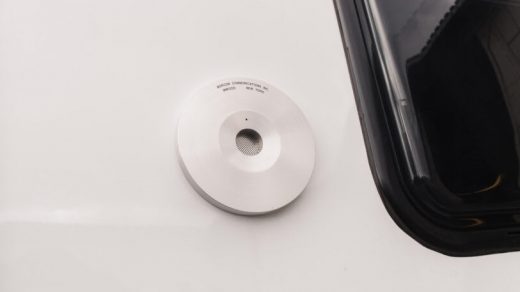Your COVID-19 vaccine could be in the back of a van
Vaccinations are ramping up across the country. And while many people will get their appointments at pharmacies, hospitals, or convention centers, one particular location comes to you.
Camper van company Texino has created custom vans that are outfitted to act as mobile COVID-19 testing and vaccination sites. And while Texino typically outfits Mercedes vans into custom campers, this time the company had a different client: the healthcare industry. The vans are designed to make testing and vaccination more flexible and accessible.
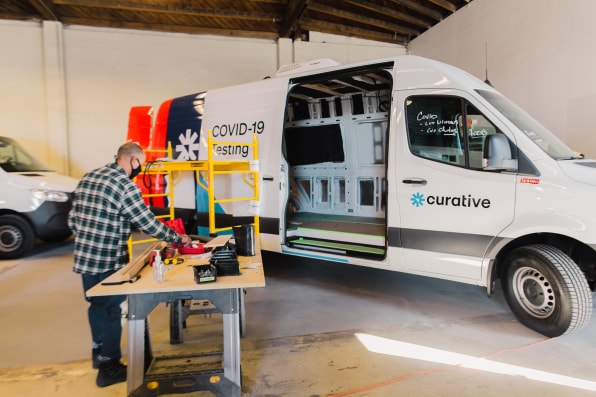
The process began after testing company Curative approached Texino last summer to build a van for mobile testing, according to Texino founder Nick Devane. The company ordered a few more, and soon additional orders were coming in from other companies. Texino started building them out for vaccine deployment last October.
There are two types of vans, one for dispersing COVID-19 tests and one for vaccines. Essentially, each company commissions Texino to design and convert the vans depending on their needs. From the outside, the vans look more or less like a typical Mercedes-Benz Sprinter. Not so much on the inside.
Rather than designing a van for outdoor enthusiasts and would-be nomads, as it usually does, Texino created these vans to be clean and efficient workspaces for healthcare workers. Devane, who had previously launched a food startup, says he leaned on his experience in the food industry to meet the standards, comparing Clinical Laboratory Improvement Amendments (CLIA) requirements, which created quality standards for lab testing, to Food and Drug Administration (FDA) requirements. That meant doing away with the cooktops and showers you’d use during a cross-country drive and outfitting the vans with stainless steel and laminated marine wood, which he says is easy to disinfect, and custom storage for personal protective equipment (PPE).
Design also takes healthcare workflow into consideration. Texino added off-grid air conditioning and heat, enabled Wi-Fi, and created space for four to five people to work inside, depending on whether it’s used for testing or vaccinations. The vans developed for vaccine deployment also have small refrigerators and increased electrical power (to keep those fridges running). Each van can administer up to 1,000 tests in a 12-hour period, according to the company, though requests for testing labs have declined in favor of vaccine vans, which act like mobile offices to quickly distribute vaccines and/or support vaccination sites, like the Hansen Dam site in Los Angeles.
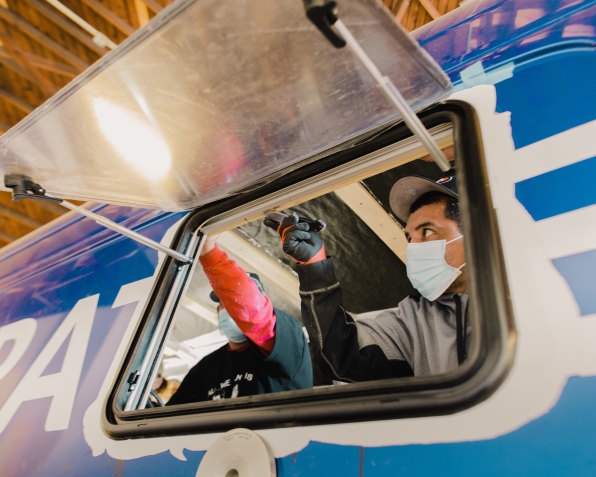
The design of the testing van in particular shows how much the science has changed over the past year. When Texino first started producing the vans, it was thought that the virus could be transmitted through hard surfaces. So to avoid any physical contact, Texino made the vans airtight, and installed a two-way speaker system for patients to communicate with healthcare workers. The administrator drops the test through a stainless steel chute, the patient grabs it from the outside of the vehicle and self-administers a COVID-19 test, then drops the completed test in another chute in the back of the vehicle. It’s the pandemic version of what you might see at a bank drive-through. Though we now know the virus is mainly spread through airborne particles, the design has stayed the same.
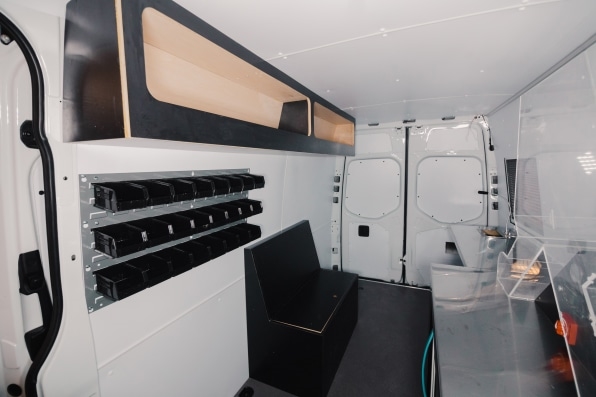
The biggest challenge was scaling the Texino supply chain, according to Devane: Building out over 100 camper vans in a matter of months required a new space, staffing, and training. “It was much larger than what we’re used to doing,” he says of the project, which is based out of the company’s offices in the Chinatown neighborhood of Los Angeles.
So far, his pivot is working. There are 105 vans working with four testing and vaccine providers in twelve states including California, Texas, Wisconsin, Colorado, Florida, and New Mexico. And the interest isn’t slowing down: Devane says he’s in talks with about 15 other companies to create custom vans.
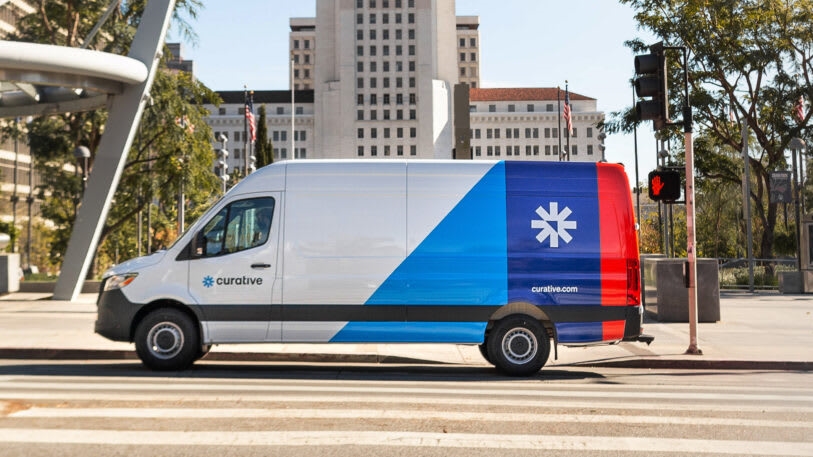
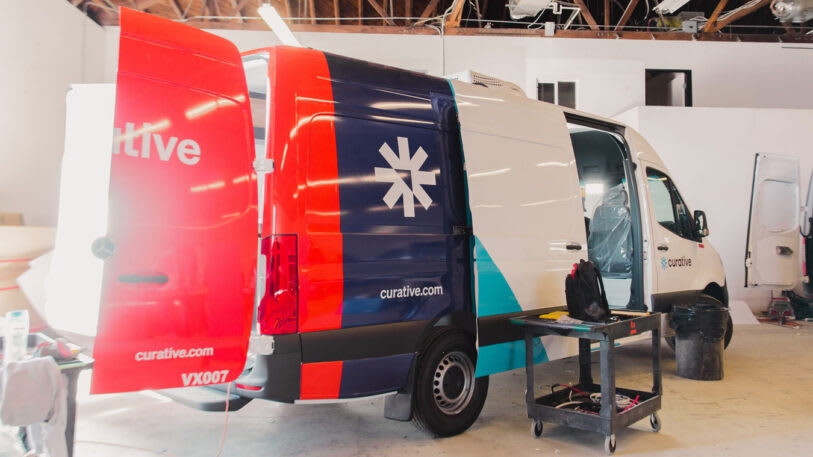
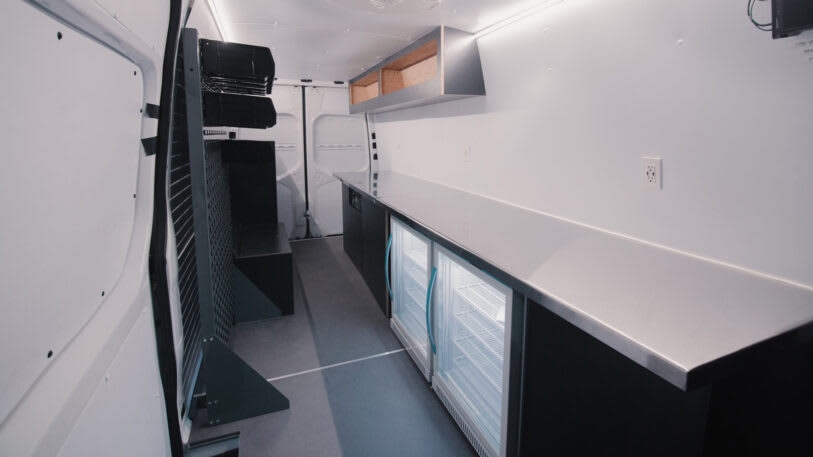
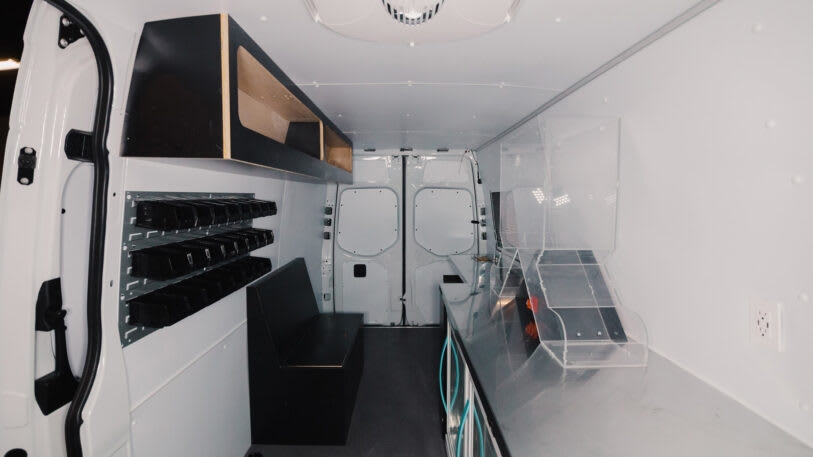
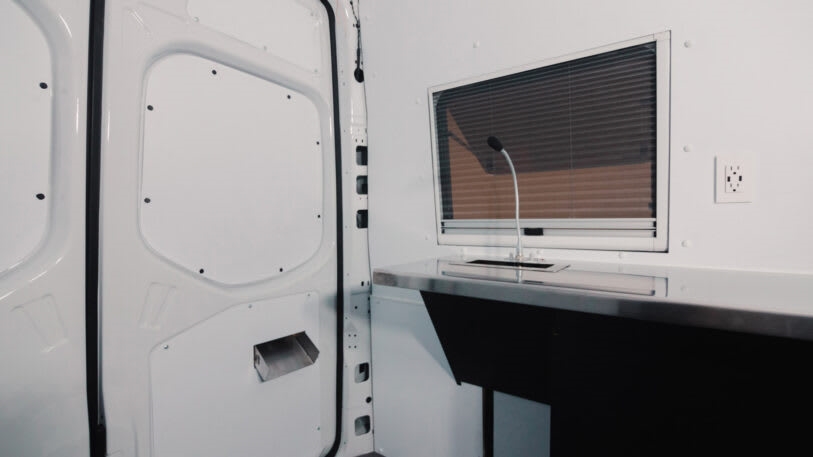
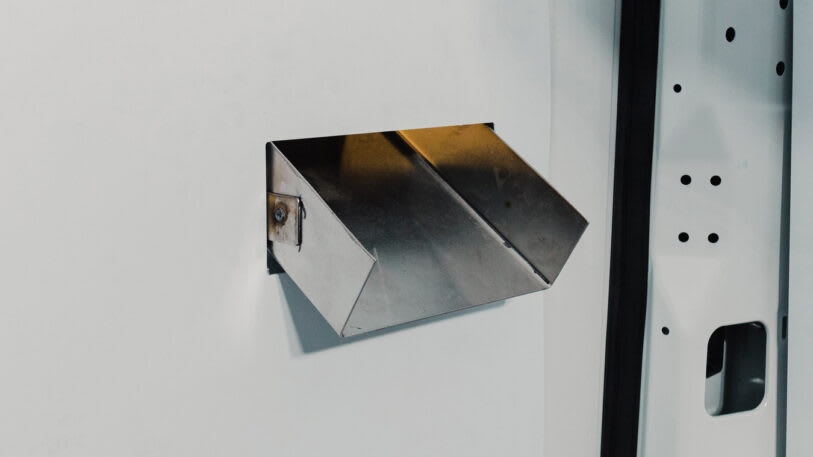
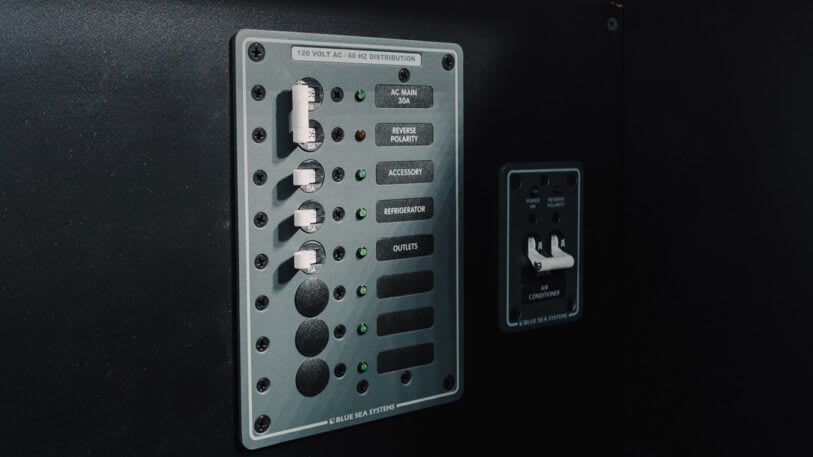
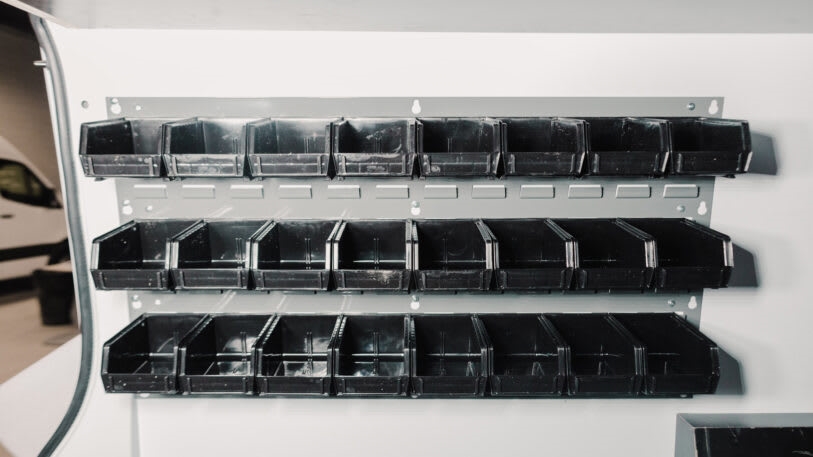
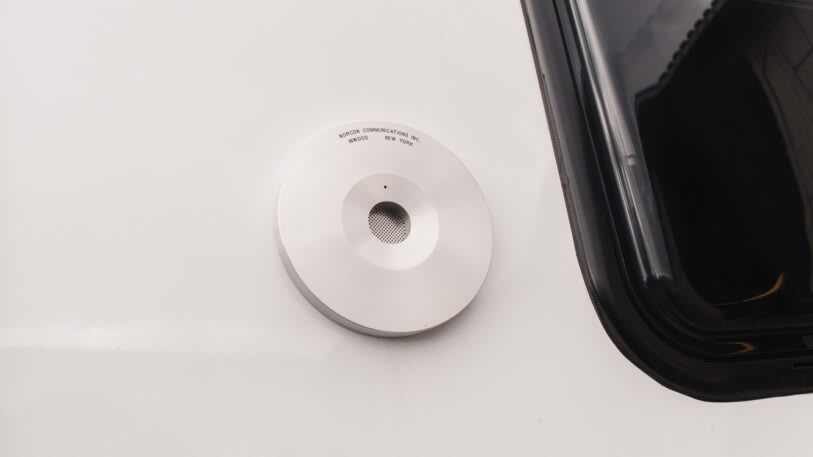
(24)

